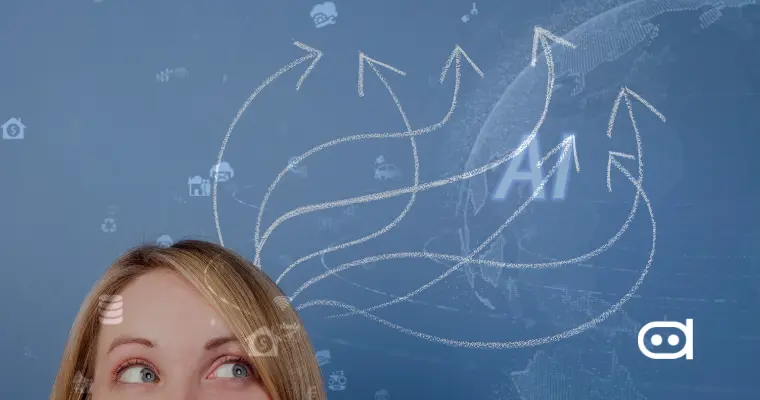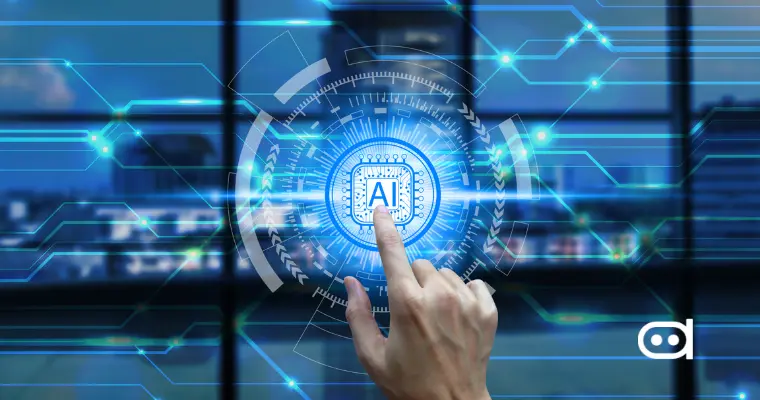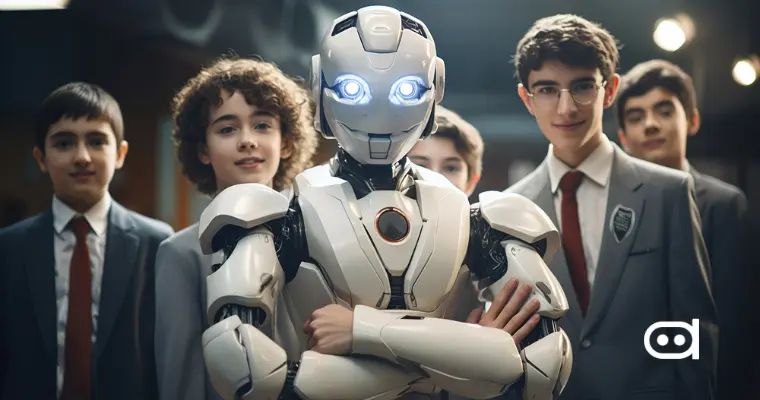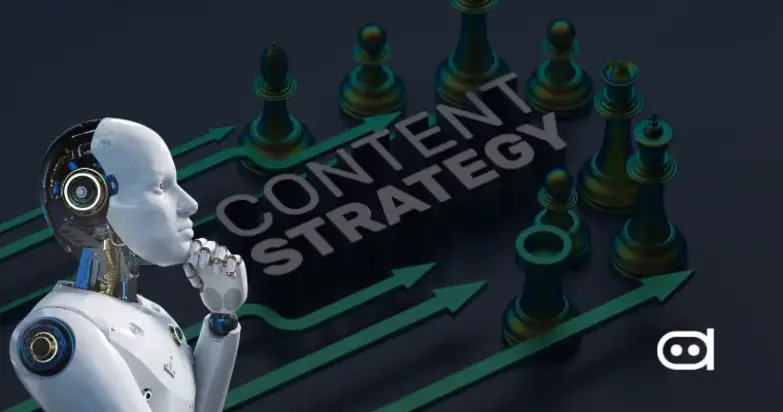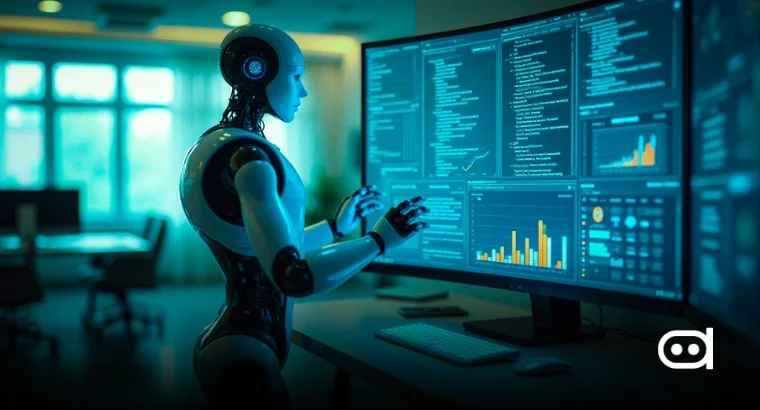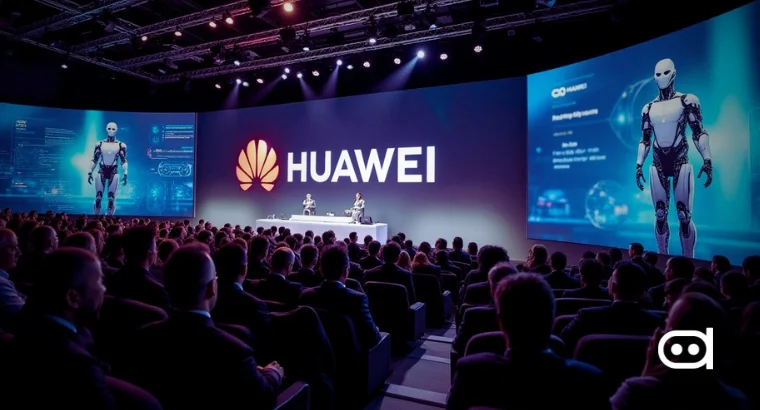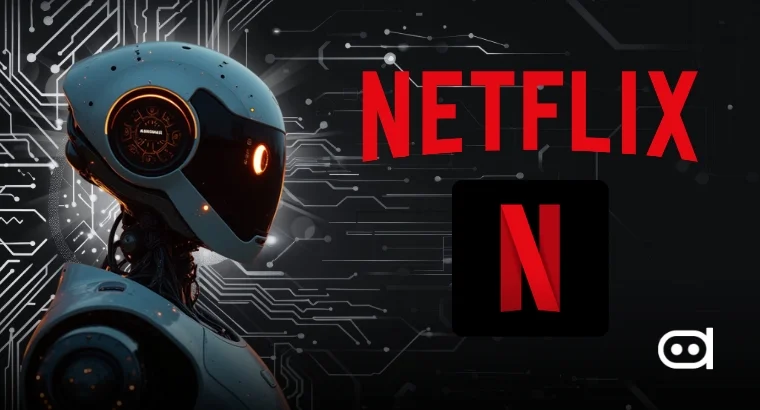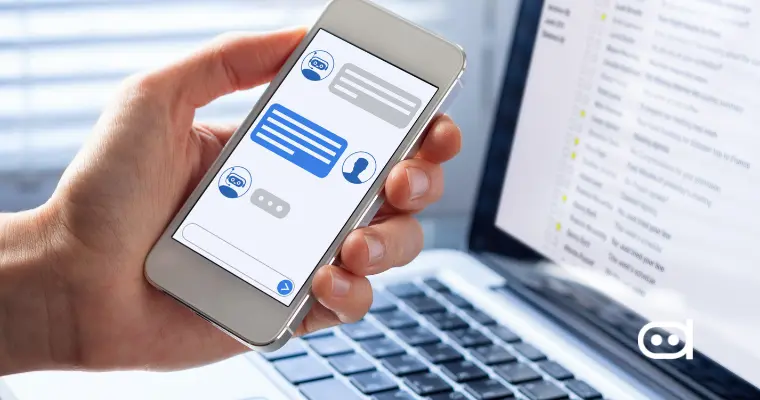
Specialized chatbots made to assist with different HR tasks inside a company are known as HR chatbots. The chatbot for employee engagement helps enhance the digital employee experience; it uses artificial intelligence (AI) to communicate with current or potential workers. They communicate with people using natural language processing through messaging apps, phones, websites, and other platforms. New workers may feel overburdened and struggle to catch up in a hybrid workplace, which makes it harder for the employee to establish trust. Examine how the chatbot for HR might help your company overcome these obstacles and enhance the working environment.
Role of AI Chatbots in HR Automation
AI in employee engagement chatbots plays a very efficient role in HR automation, especially in managing a large number of resumes. Using AI chatbots, HR can automate processes like scheduling interviews, screening resumes, and helping with employee inquiries. Artificial intelligence (AI)- driven chatbots are revolutionizing human resources (HR). They free up HR professionals to concentrate on other duties that must be done manually. Chipotle’s AI assistant, Ava Cado, has shortened the employment process from 12 to 4 days by interacting with applicants and setting up interviews.
How AI Chatbots Improve Employee Engagement
Employee engagement is essential since it improves morale at work, retention, and productivity. AI employee experience improves engagement by offering immediate assistance, expediting HR procedures, and customizing employee interactions.
Seamless Onboarding
By using the best hr chatbots for many hectic procedures like document gathering, training module distribution, and evaluation, AI chatbots expedite the onboarding process. A more seamless integration into the organization results from this automation, which guarantees that new workers receive consistent information and assistance. One such example is the HR chatbot platform from Leena AI that streamlines the onboarding process by automating the process and turning lengthy journeys into self-service jobs.
Instant Query Resolution
Instant Query resolution is another highlight of using AI chatbots. These can reduce the time and waiting period for customers, which are common issues when human interaction occurs. By implementing these, employee satisfaction will increase, which also frees up HR staff to work on more important projects.
Pulse Surveys & Feedback Collection
Chatbots for employees can help maintain engagement and require routinely measuring employee mood. AI chatbots can easily gather feedback and do pulse surveys, giving real-time information on areas that require development and staff morale. This ongoing involvement promotes a more cohesive workplace by assisting businesses in proactively addressing problems.
Personalized Learning
Personalized learning is also one of the services AI chatbots provide, which can be improved by chatbot engagement. They provide resources and training modules specific to employees’ requirements and duties. This personalization guarantees the development of necessary skills, which fosters professional advancement and work contentment. With the help of Rezolve.ai’s microlearning platform, which is linked with Microsoft Teams, staff members may easily participate in interactive learning modules while working.
Customer Support
Chatbots for HR services help workers in customer-facing positions by answering standard questions, freeing staff members to concentrate on more difficult jobs. In addition to increasing customer satisfaction, this assistance lessens employee strain, minimizing burnout and boosting engagement. By cutting the time needed to resolve complicated issues by 52%, ServiceNow’s AI users have significantly increased a business’s value and freed up staff members to concentrate on more sophisticated client engagements.
AI Chatbots for Employee Satisfaction
Employee chatbot is the only way to increase their satisfaction and engagement via employee engagement bot. AI bias in HR can provide a lot of assistance, such as the following:
Reduced Response Time
Artificial Intelligence (AI) chatbots respond to employee questions instantly, cutting down on waiting times. ServiceNow’s AI agents, for example, have significantly improved business value by cutting the time needed to process complicated instances by 52%. Because employees receive prompt assistance without any delays, this immediately increases employee happiness and productivity.
Workplace Well-being Assistance
Chatbots can promote workplace well-being by automating repetitive activities, which relieves employees’ physical and emotional stress. In addition, they provide individualized well-being assistance, including mindfulness exercises and stress-reduction strategies. AI-powered language translation services also make it easier for varied teams to communicate with one another, which promotes inclusion and a feeling of community.
Fair & Transparent HR Policies
AI can help HR policies be more equitable and transparent by lowering biases and delivering consistent information. Nonetheless, concerns have been raised about AI’s application to performance management. For example, disagreements over Woolworths’ AI-powered performance monitoring system sparked conversations about worker rights and justice.
Key Use Cases of AI Chatbots in HR Automation
By improving productivity and simplifying numerous procedures, AI tools for HR automation —especially chatbots driven by artificial intelligence have completely transformed human resource management.
- AI chatbots can effectively manage leave requests and attendance records, cutting down on administrative labor and human error.
- This automation guarantees correct documentation and adherence to corporate guidelines.
- Chatbots may send real-time updates, corporate rules, and compliance needs, guaranteeing that all workers are informed promptly and promoting a transparent and regulatory-compliant culture.
- AI chatbots offer immediate answers to frequently asked HR-related inquiries, including those on benefits, payroll, and processes.
- This improves employee satisfaction and frees up HR staff to concentrate on more strategic work.
- Chatbots streamline corporate communication by delivering announcements, administering surveys, and collecting feedback. They also foster employee engagement and a supportive workplace culture.
Challenges of AI Chatbots in HR
Although integrating AI chatbots into HR has several benefits, there are a few issues that need to be resolved for the adoption to be successful.
Bias and Fairness Concerns
Artificial intelligence chatbots pick up knowledge from preexisting data, which may be biased. This AI bias in HR can sustain discrimination in processes like hiring and performance reviews if improperly controlled. For instance, it has been demonstrated that AI systems educated on biased data prefer some demographics over others, which might result in discriminatory employment practices.
Data privacy issues
Since HR chatbots manage the private data of each resume and employee, including performance appraisals, awards, and information on their salary, etc., a security breach can happen. To avoid such breaches that can reveal the employee’s private information, organizations must make sure to provide strong encryption and access controls.
The Future of HR Automation: How AI Chatbots Are Transforming Workplaces?
With their ability to automate tasks, increase efficiency, and improve employee engagement, AI chatbots are revolutionizing the HR process and workplaces. Through compliance-assured training and documentation guidance, they also make the onboarding and offboarding process very simple. AI chatbots also help in performance management by automating performance reviews and feedback gathering, which results in more impartial assessments.
Companies using AI chatbots in their HR processing are more likely to sustain their position in the future due to the increasing demand for blockchain. Innovative businesses will provide work environments where people with top specialization on the blockchain can get more competitive pay than those who work in normal technical jobs.

